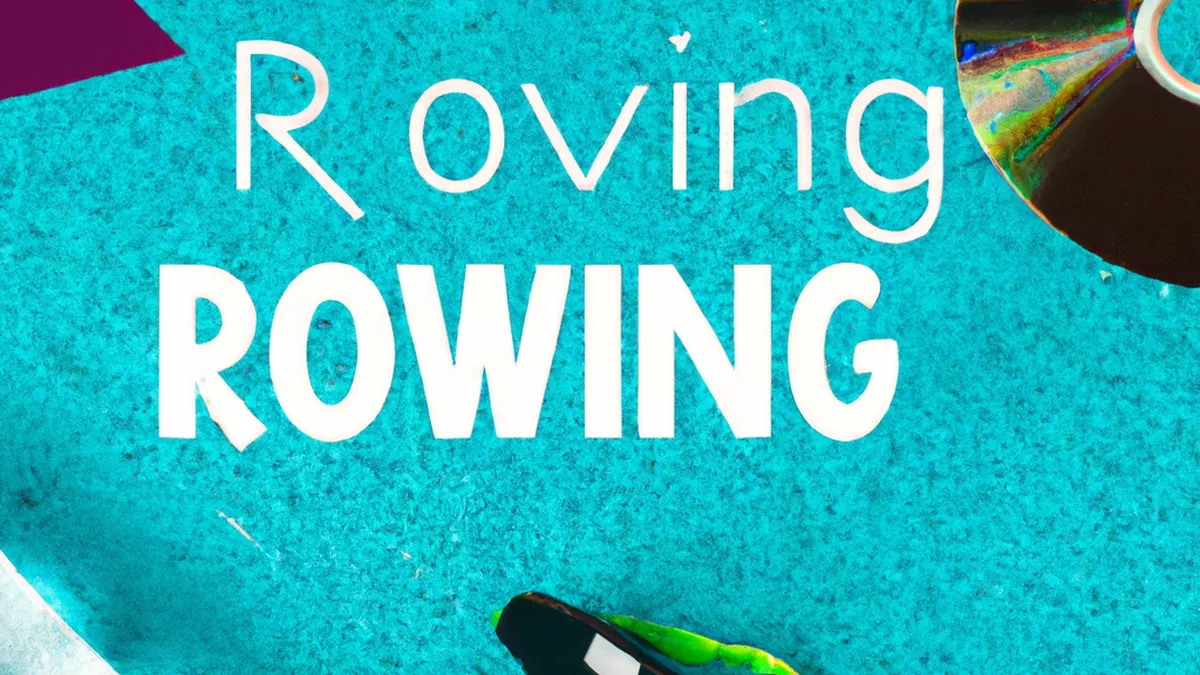Chill Out: Techniques for Cold Water Recovery
Cold Water Immersion Techniques: A Guide to Embracing the ChillCold water immersion has gained popularity among athletes and wellness seekers. This technique exposes your body to cold water through ice baths, cold showers, or natural bodies of water. As more people explore its benefits, understanding the methods and safety is essential. This blog post covers cold water immersion techniques, tips for beginners, and the benefits you can experience.
Understanding Cold Water Immersion
Cold water immersion triggers various physiological responses. Submerging your body in cold water puts it into survival mode. Your body redirects blood flow to vital organs, improving circulation and recovery. Exposure to cold water also promotes endorphin release, elevating mood and well-being.Methods of cold water immersion vary. Common options include ice baths, cold showers, and outdoor swims in cold lakes or oceans. Each approach offers unique advantages, allowing individuals to choose what works best for them.
Ice Baths
Athletes often favor ice baths. This process involves immersing your body in a tub filled with cold water and ice for a set duration. Temperatures typically range from 50°F to 59°F (10°C to 15°C). Ice baths effectively reduce muscle soreness and inflammation, making them ideal for post-workout recovery.
Cold Showers
Cold showers provide an accessible way to incorporate cold water immersion into your routine. Start with warm water, then gradually lower the temperature to a refreshing level. Cold showers invigorate you and help wake you up, making them great for mornings.
Outdoor Cold Water Swims
Swimming in natural bodies of cold water offers a thrilling experience. This activity provides the benefits of cold exposure while connecting you with nature. Ensure safety by swimming with a buddy, being aware of local conditions, and planning to warm up afterward.
Tips for Getting Started
As an Amazon Associate I earn from qualifying purchases.
Gear tip: consider swim goggles, swim cap, and kickboard to support this topic.
Start Slow
If you’re new to cold water immersion, start slow. Begin with cool showers and gradually lower the temperature over time. This approach helps your body adjust to the cold without overwhelming it.
Use Breathing Techniques
Breathing plays an important role in managing your response to cold exposure. Practice deep, controlled breathing before and during immersion. Techniques like the Wim Hof Method emphasize slow, deep inhales and exhales, calming your mind and reducing shock.
Set a Time Limit
When starting, limit your time in cold water.
Conclusion
Cold water immersion offers numerous benefits, including improved recovery and mood elevation. Start slow and enjoy the process.
Below are related products based on this post:
FAQ
What is cold water immersion?
Cold water immersion involves exposing your body to cold water through methods such as ice baths, cold showers, or swimming in cold natural bodies of water. It is popular among athletes and wellness enthusiasts for its potential health benefits.
What are the benefits of cold water immersion?
Cold water immersion can improve circulation, aid in muscle recovery, and elevate mood through the release of endorphins. These physiological responses can enhance overall well-being and help reduce muscle soreness and inflammation.
How can beginners safely start cold water immersion?
Beginners should start slowly by beginning with cool showers and gradually decreasing the temperature. Additionally, practicing deep breathing techniques can help manage the body’s response to cold exposure, making the experience more comfortable.















Post Comment